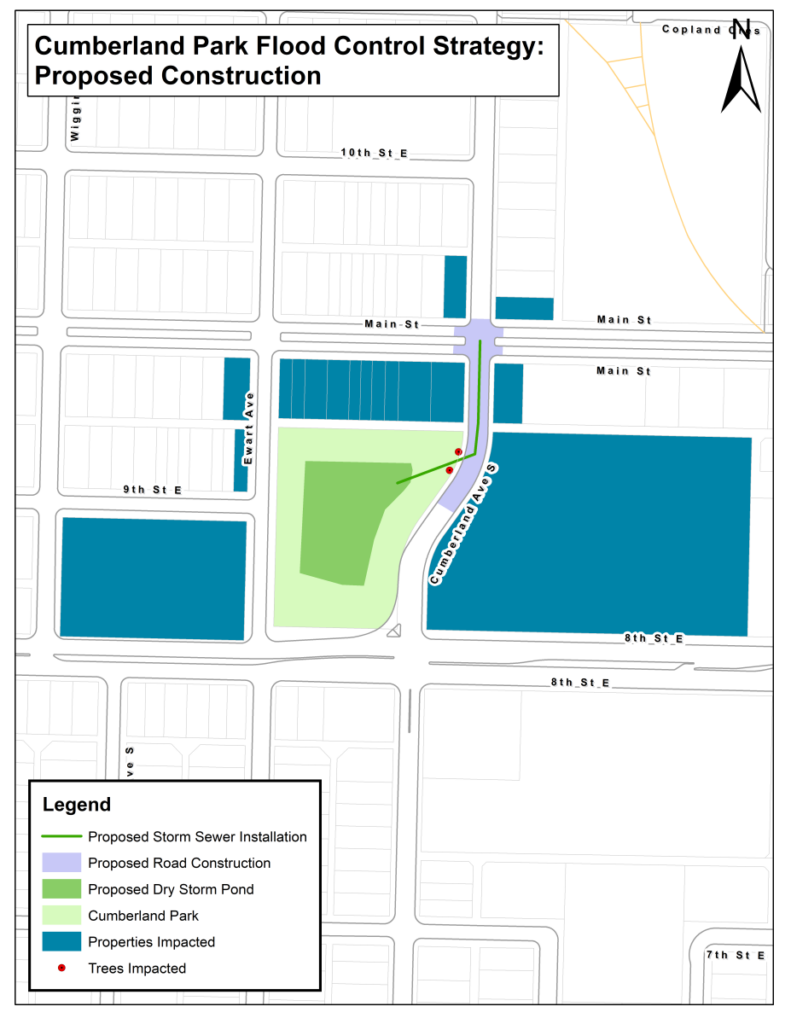Overview of some of the discussions at the April 16, 2025 VVCA board meeting that followed the AGM:
– thanks to Matthew Wiens for his term as President over the last two years
– Councillors report: homeless shelter downtown on Pacific Ave opened recently, although it is only a temporary (18 month) solution. Four possible permanent sites are being considered within the City, and negotiations are happening with the province to narrow down to one location. Public engagement will follow.
– comments about property crime in neighbourhood. Issues with Colonial Hotel on 8th Street?
– possibly a recent cycling death on Clarence Avenue?
– SUM Theatre performing Thursday May 15, 7PM, Grosvenor Park. New play is “Breathe” and free to attend. Need volunteers to deliver flyers. VVCA will sell snacks and drinks before the show.
– Community Cleanup on Saturday, May 3, 8am – 1pm. Bins will be located at Church of Latter-Day Saints parking lot (Cumberland and 10th Street). Need volunteers and trucks!
– invoice for ski trail grooming should come mid-April. Question whether there were third-parties available to groom President Murray Park next year.
– Year 2 of 14th Street tree planting area: spruce had bark stripped by rabbits and may not survive, replacement plan needed; new mulch likely mid-May; costing signage; projecting three water bin fills this year; budget submitted.
– 4 outdoor soccer teams registered, 8 volunteer coaches. Season starts in May. Schedule just released by SYSI.
– spring programs on the go: Badminton, Tae kwon do, Intermediate Spanish, Yoga. New location for program supplies and equipment.
– rink done for the season. Have to spray weeds in the rink area.
– Albert Community Centre renovation tenders should close April 17. Renovations may cause issues with rentals. Currently no permanent City rep on ACC board.
– Brunskill SCC hosting movie in the park June 7.
– inquiry from school about possibly paving the rink surface.
– community garden cleanup mid-May.
– 40th Anniversary event: volunteer signup sheet to be created online; street barricades, stage set up by City; distribution of flyers in early May and early June; possible t-shirt sales; BBQ by VVCA; Douglas and Ted will emcee event; bike valet and bike tuneups; 5 live bands and 4 dance groups, games, history walk and much more!
Next meeting is Wednesday May 21, 2025, 7PM, Brunskill School library.

